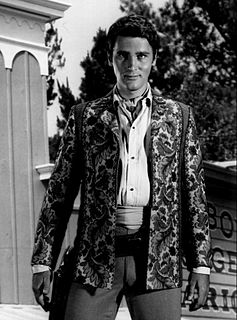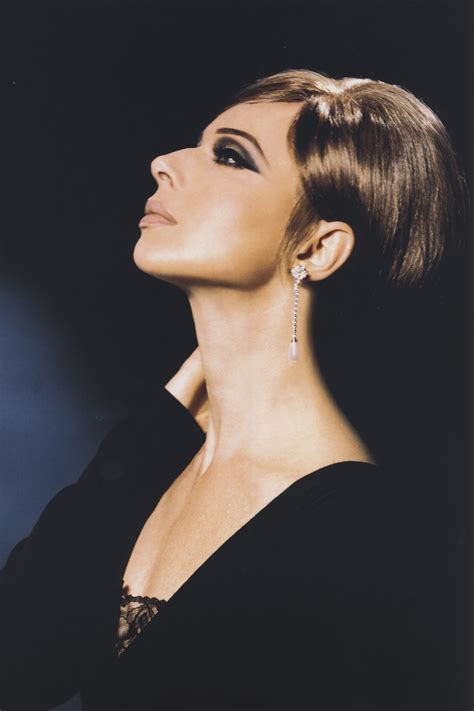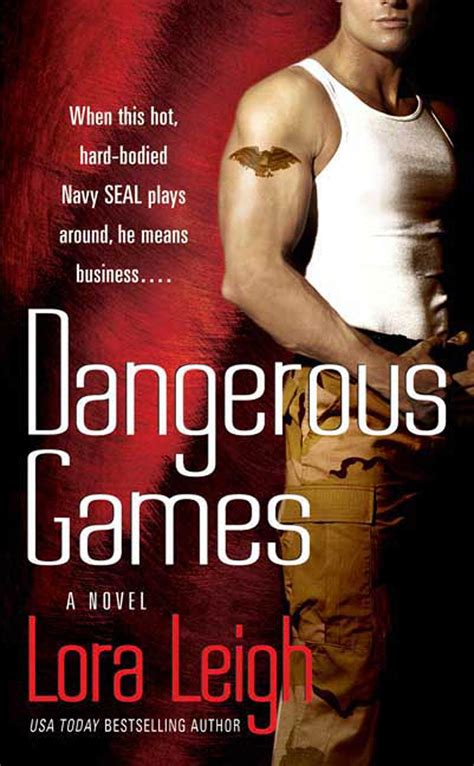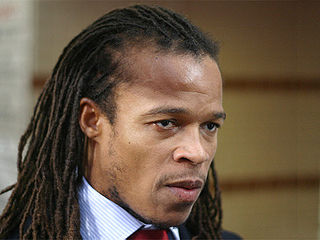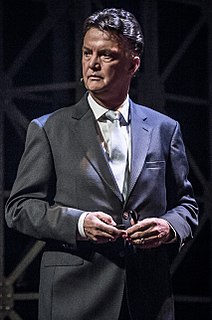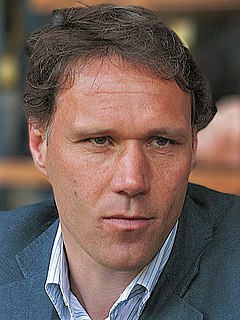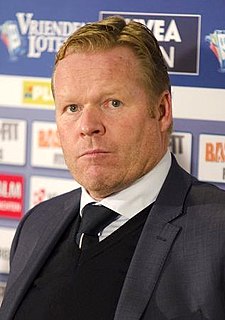A Quote by Robert Wolders
Audrey didn't necessarily feel that she had accomplished anything. But she was serene, because Audrey was very realistic about death. She had a great faith in nature, and she felt that if her time had come, then she should accept it graciously.
Related Quotes
Audrey, it seems to me, never strove or hoped to leave a lasting legacy with her films - she was far too modest for that. But what I think she would have wanted, had she been given more time, would have been to continue her work for children because she knew that is a task with so much to be accomplished.
At that moment a very good thing was happening to her. Four good things had happened to her, in fact, since she came to Misselthwaite Manor. She had felt as if she had understood a robin and that he had understood her; she had run in the wind until her blood had grown warm; she had been healthily hungry for the first time in her life; and she had found out what it was to be sorry for someone.
Dena had always been a loner. She did not feel connected to anything. Or anybody. She felt as if everybody else had come into the world with a set of instructions about how to live and someone had forgotten to give them to her. She had no clue what she was supposed to feel, so she had spent her life faking at being a human being, with no idea how other people felt. What was it like to really love someone? To really fit in or belong somewhere? She was quick, and a good mimic, so she learned at an early age to give the impression of a normal, happy girl, but inside she had always been lonely.
She had witnessed the world's most beautiful things, and allowed herself to grow old and unlovely. She had felt the heat of a leviathan's roar, and the warmth within a cat's paw. She had conversed with the wind and had wiped soldier's tears. She had made people see, she'd seen herself in the sea. Butterflies had landed on her wrists, she had planted trees. She had loved, and let love go. So she smiled.
In this moment she felt that she had been robbed of an enormous number of valuable things, whether material or intangible: things lost or broken by her own fault, things she had forgotten and left in houses when she moved: books borrowed from her and not returned, journeys she had planned and had not made, words she had waited to hear spoken to her and had not heard, and the words she meant to answer with. . . .
She didn't feel thirty. But then again again, what was being thirty supposed to feel like? When she was younger, thirty seemed so far away, she thought that a woman of that age would be so wise and knowledgeable, so settled in her life with a husband and children and a career. She had none of those things. She still felt as clueless as she had felt when she was twenty, only with a few more gray hairs and crow's feet around her eyes.
As she had been walking from the ward to that room, she had felt such pure hatred that now she had no more rancor left in her heart. She had finally allowed her negative feelings to surface, feelings that had been repressed for years in her soul. She had actually FELT them, and they were no longer necessary, they could leave.
When I lost my wife I had a whole different concept of her life. She lived 21 years and people who knew her know it wasn't about the great things she did on this earth. It wasn't that she had money or had popularity, it was that she loved Jesus Christ more than anything else in this world. That was how she related to the world.
My mother was very passionate about life and she would do anything for us. And she had to fight alone to raise us. We never had a lot of money for extras or anything. She had to work six days a week, and then she would do breakfast, lunch and dinner. She was a super-woman! For me, I don't know how she did it with three kids.
There were a lot of pretty women in cinema around Audrey Hepburn's time, but she stood out because she had a very interesting personality - which went beyond her looks. She did so much for women, for animal rights, for children's education - it's always the personality that comes through and makes one seem beautiful.
Now very much against her will, she thought of the way Jace had looked at her then, the blaze of faith in his eyes, his belief in her. He had always thought she was strong. He had showed it in everything he did, in every look and every touch. Simon had faith in her too, yet when he'd held her, it had been as if she were something fragile, something made of delicate glass. But Jace had held her with all the strength he had, never wondering if she could take it--he'd known she was as strong has he was.
